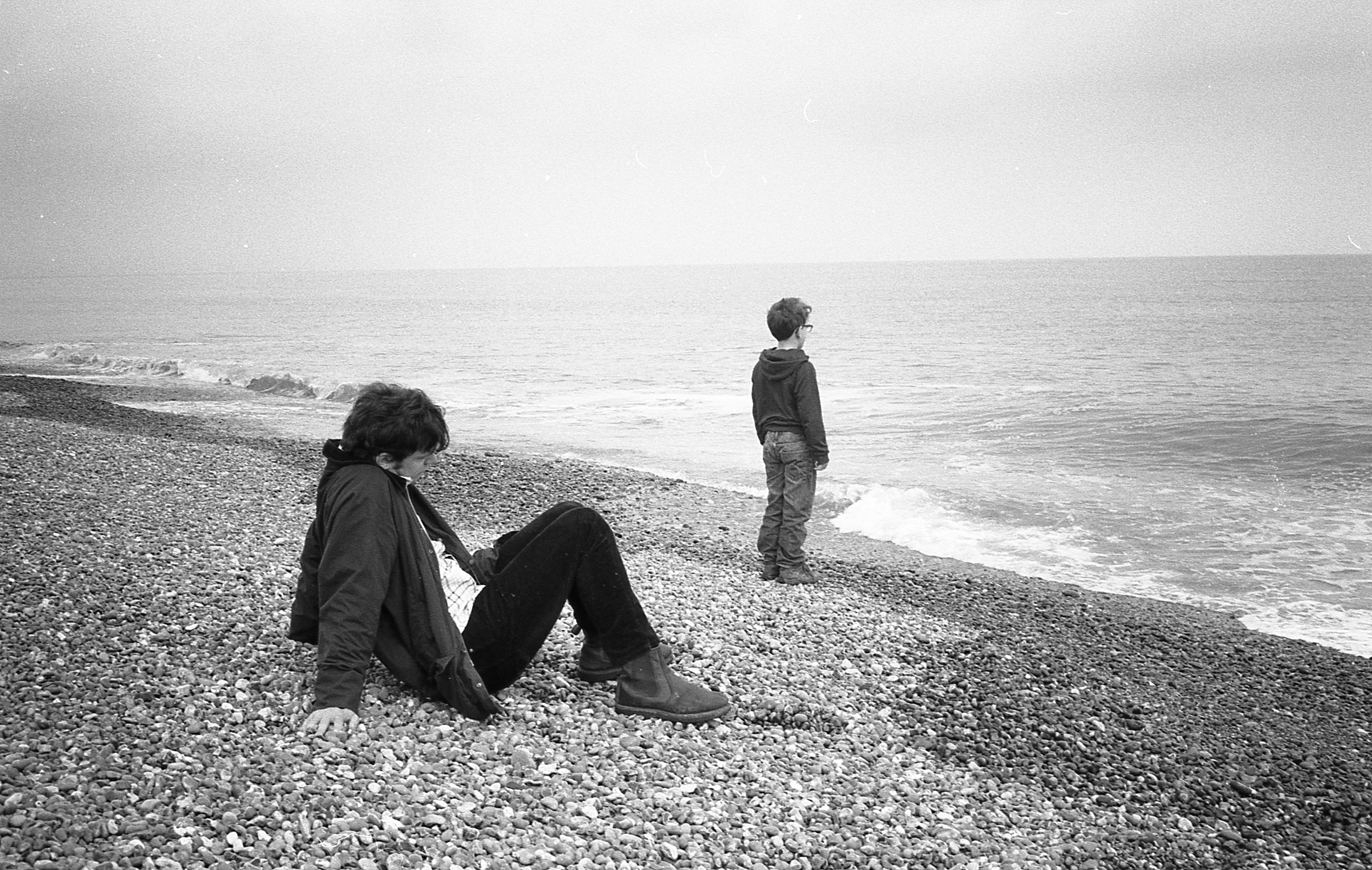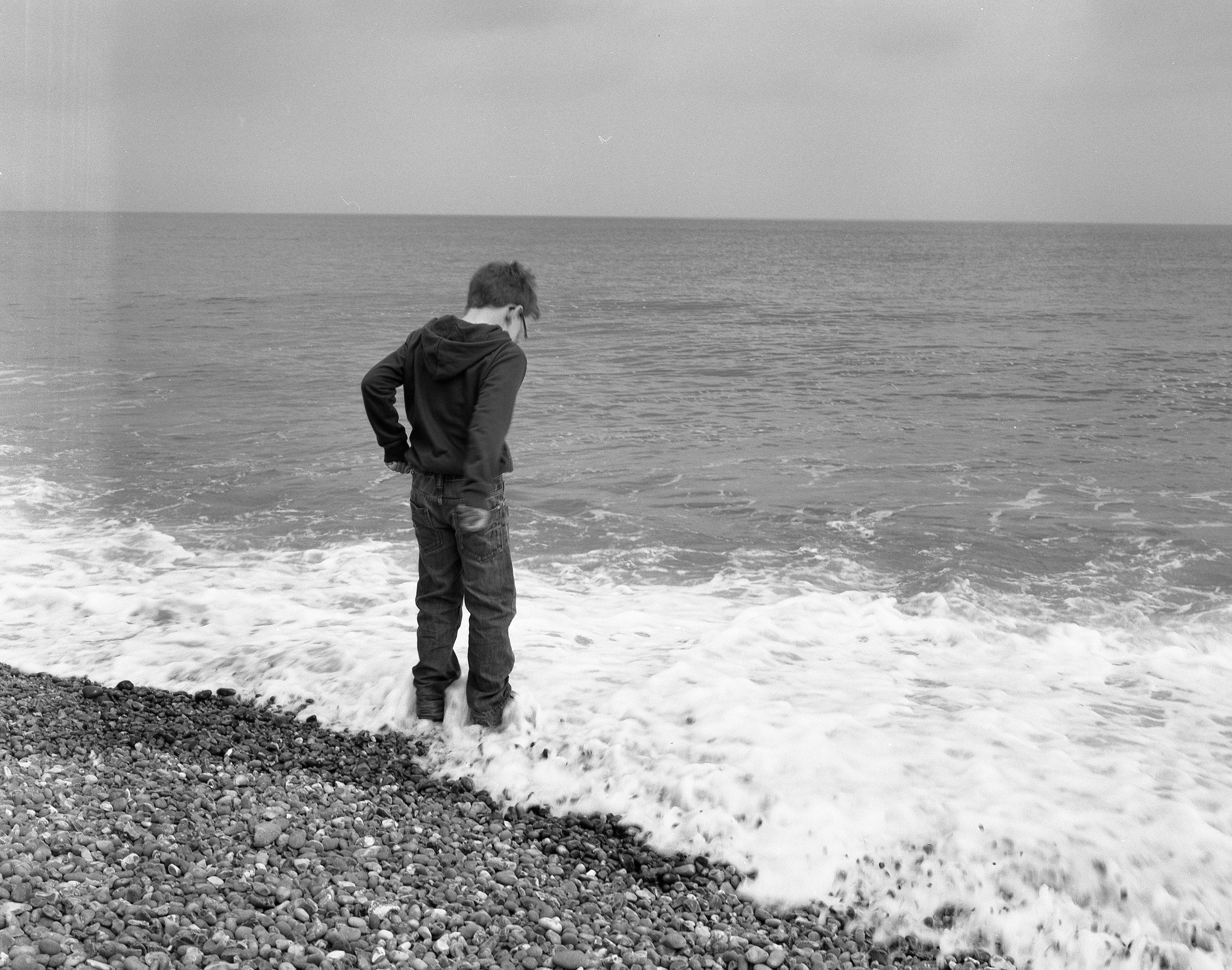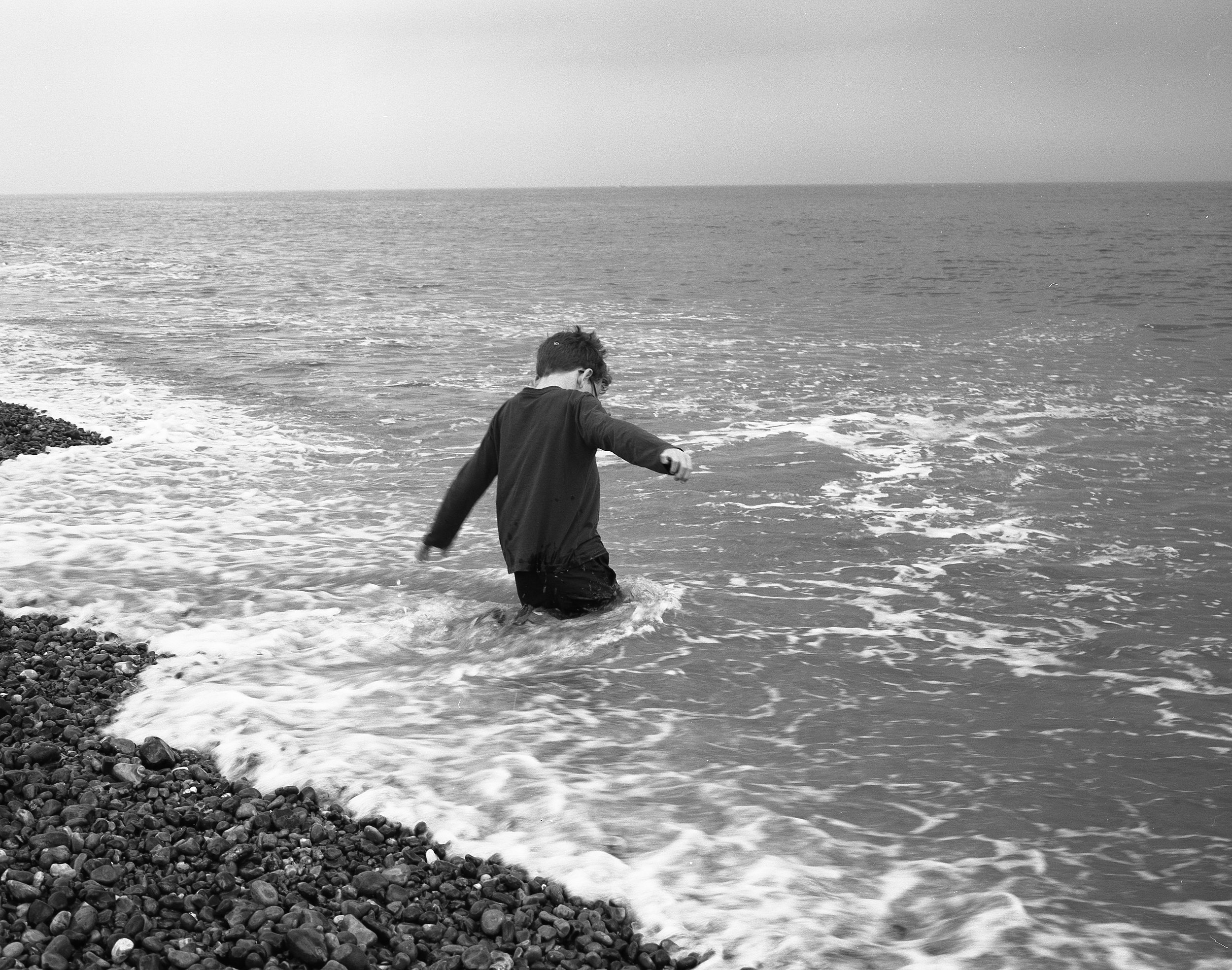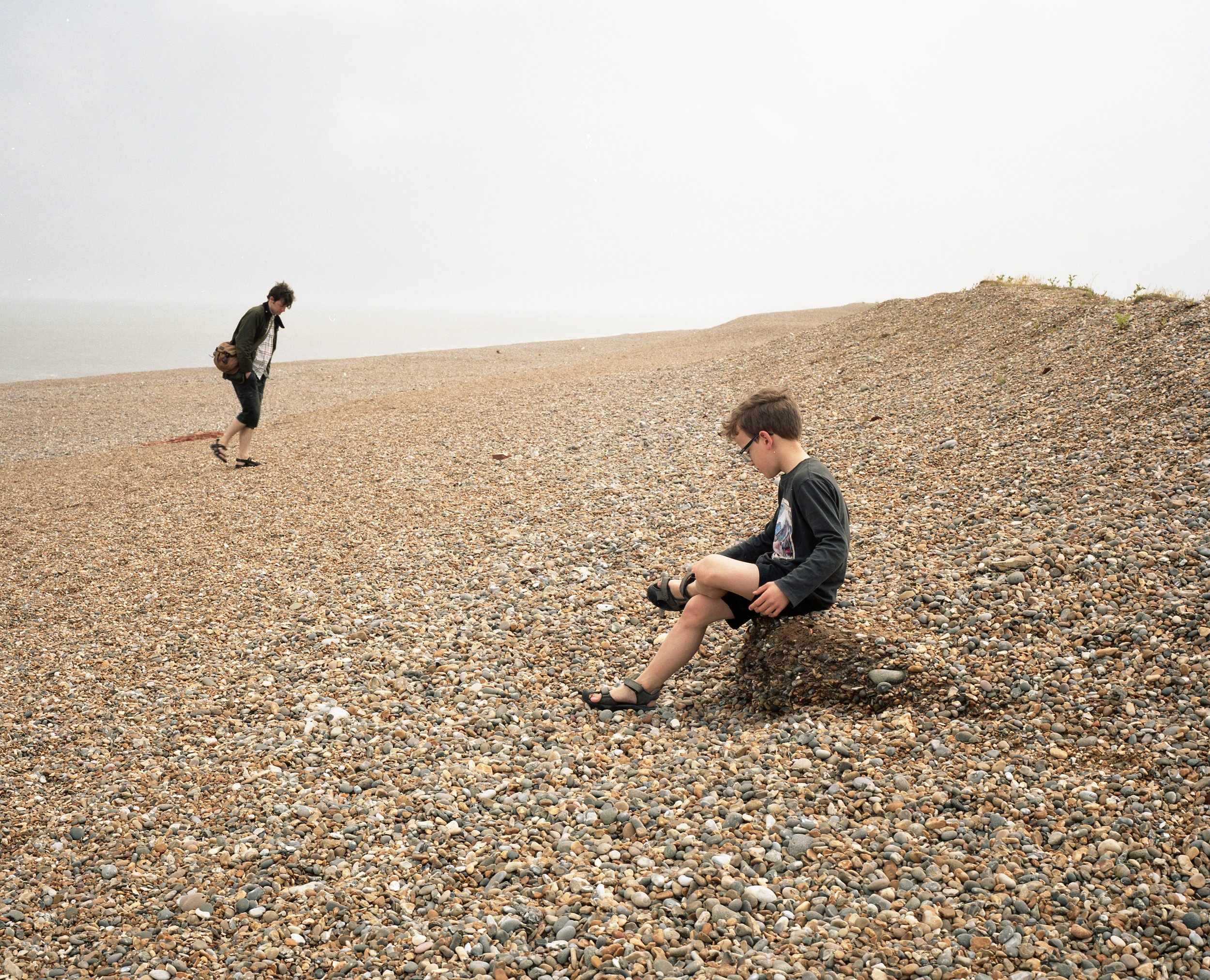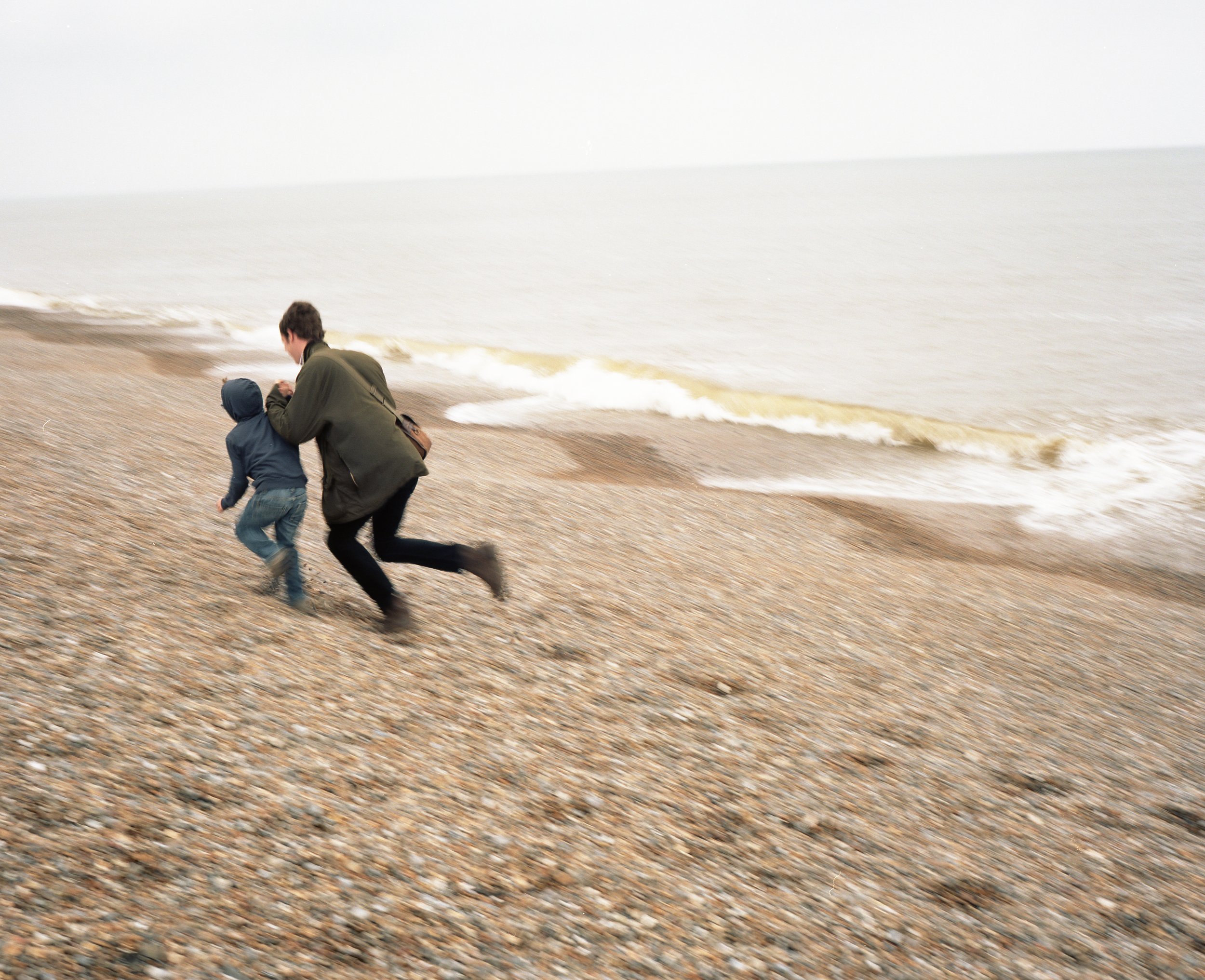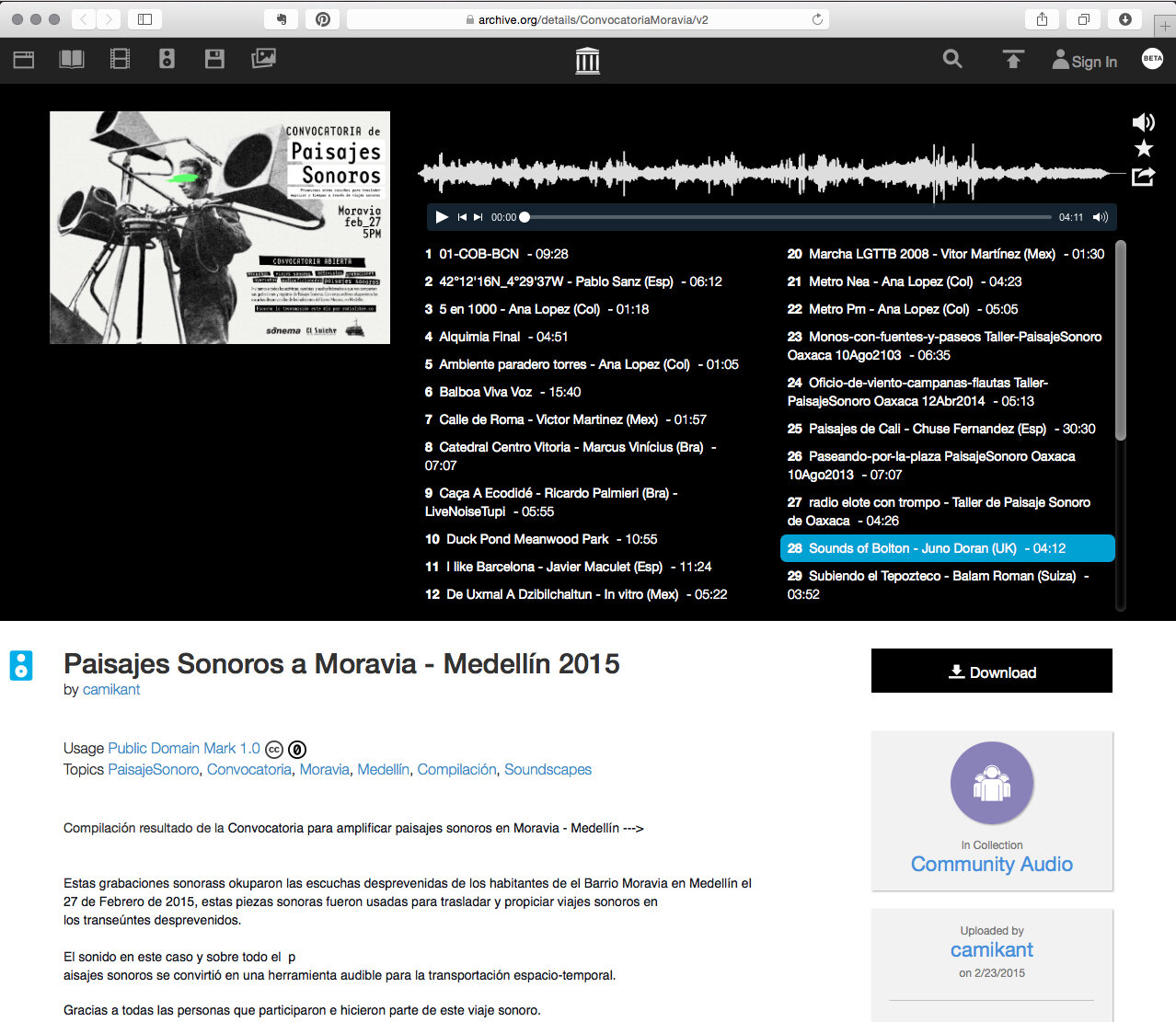Family archive
Family photo from the 1960s
Both images from Erik Kessels exhibition “Album beauty” at Rencontres d’Arles, 2013
I’ve taken up the humongous task of sorting through my family’s photos, displaying them chronologically and finding their associated context. It’s likely to take me a very long time especially as I’m doing this in between my own projects. But I can’t stop thinking about the purpose of what I’m doing. The meaning of the photos, as time passes, is shifting between a link to memory to one of personal history, as many of the people are already gone. I find myself recalling an exhibition I saw at Rencontres d’Arles by Erik Kessels, and his display of found photo albums.
I have a fascination with vernacular photography. It has no intellectual intent, no artifice. It’s just ordinary people trying to fix a memory. Perhaps I will use some of the images in my own work, which is a thought that brews in my mind as I organise the images, which date back to the 1930s. It’s a very large family with branches that spread wide. But right now, it’s all question.
Albums and piles of photos in my studio
Workshop at LaBabuch with Raymond Meeks
I had an amazing time at LaBabuch in Merigny, France, attending a workshop with Adrianna Ault and my favourite photographer, Raymond Meeks, on the theme of Re-Purposing and the artist book. I was so incredibly lucky to have this experience! LaBabuch is the dream place for me, relaxed, homely, yet with a great atmosphere to just get on with it and get work done.
I took with me images from my long term project “The boy speaks like flowers” and received a lot of feedback from everyone. It was a unique experience, I’ll never forget it.
The sound of summer in mum’s garden
Remembering what mum’s garden used to sound like when it was summer, dad was alive and everything was great. I seized the day but the day fell through my fingers.
I had my COVID-19 vaccine
Covid quarantene
Had my COVID-19 vaccine today, first dose of AstraZeneca.
These are strange times. Everything and everyone has been affected, one way or another.
Out of the horrible tragedies, there are positives: the air and water are much cleaner and many events, which I would have never been able to attend, are moving online.
The bells of Notre Dame, Paris
I heard about the massive fire in the Notre Dame, Paris, and I remembered I had recorded to sound of its bells in 2015.
Heard not seen
Heard not seen. Sound composition about a playground.
In Victorian times they used to say that children should be seen and not heard. These days the fear and politics of photographing children have changed in such a way that it's considered suspicious to photograph them, yet capturing the sound they make is another matter. Heard not seen marks the presence of children and the spaces they play in without actually seeing them.
Recorded with binaural audio, best experienced with headphones. 3'38", single channel HD video, 2016.
Corinna Spencer’s exhibition
I imagine Corinna was born laughing. Her giggles are girly and contagious and you couldn’t possibly remain sad next to her. After knowing her for ages online I finally had a chance to meet her face to face at Nottingham Castle Art Gallery, where she’s exhibiting a painting installation. I was privileged to be commissioned to do a short film about the installation and was amazed at the work involved, not just the 1000+ paintings but also the work which went into creating the installation. It’s well worth visiting Nottingham Castle to see it and admire the physical imposition of the piece. It will be there until January 17th 2016
Dawn chorus
Earlier this week I was out before dawn to capture the sounds of the dawn chorus at Potton Wood and in Wolfson College, Cambridge. The dawn chorus of birds peaks around this time of the year and the birds start singing as early as 3:30 am to reach an amazing intensity of sound later in the morning around sunrise. I have come to this as a novice and it’s my first dawn chorus recording and even witnessing. With the sounds captured I created compositions to recreate the three dimensionality of space recorded with 2 different microphones and a portable recorder. The sounds of aeroplanes and cars are purposely left to remind us of the nature of the planet we live in, that no matter how far away we get from the sounds of civilisation, they are always there, encircling nature and causing significant changes in its manifestation.
David Hancock’s Cosplay exhibition
A short film I made about the setting up and opening of David Hancock’s exhibition “Cosplay”, at the Ruskin Gallery in Cambridge, on show 19 March – 18 April 2015.
I was thrilled to find out that David, a long time friend, was coming down to Cambridge to set up his new exhibition and I took this opportunity to make a short film about the process of installing his show and the opening evening.
My filmmaking skills as a one woman operation are improving slightly and I’m slowly becoming used to managing the equipment in action situations. The most difficult parts are focusing – I use a manual lens – and controlling sound.
Paisages Sonoros
Contributed to this soundscapes’ broadcast in Moravia in Medellin, Colombia, with my Bolton sound work. Broadcast 27 February 2015 in Radiolibre.co.
Pilling Sands, Lancashire
A very satisfying experience to walk on an ice puddle feeling the cracking of the ice layer under my feet and the strange noises it produces.
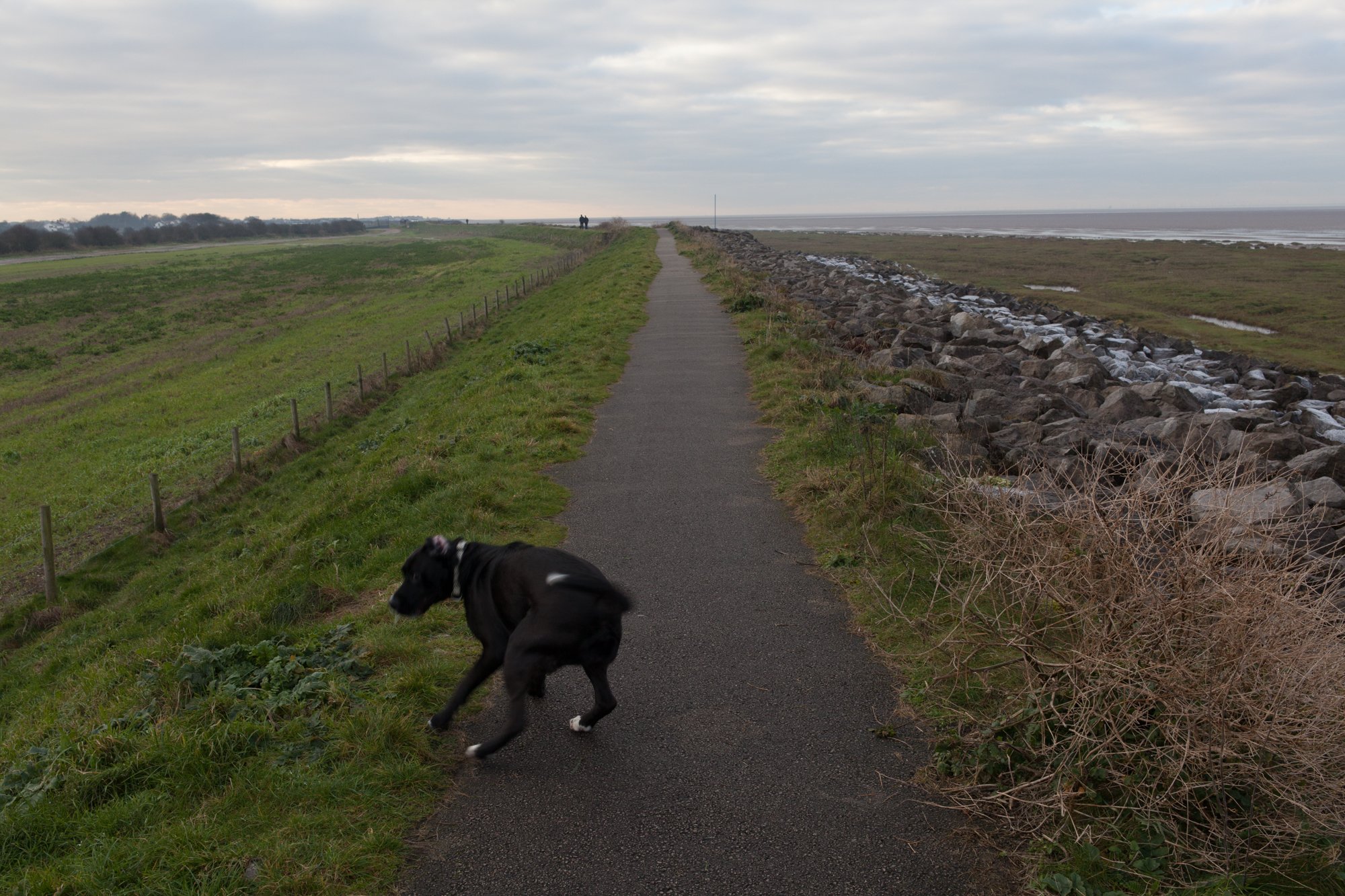
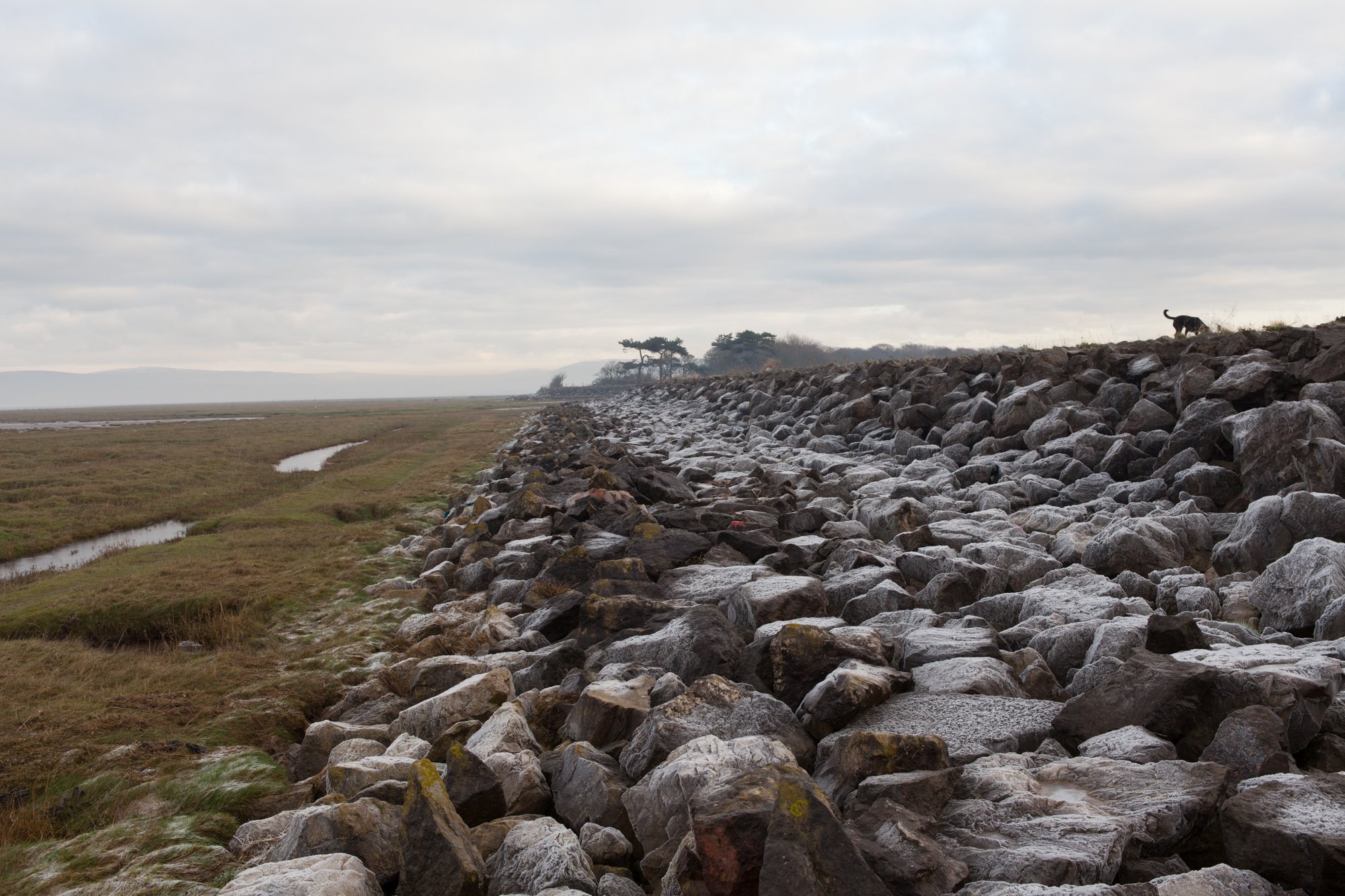
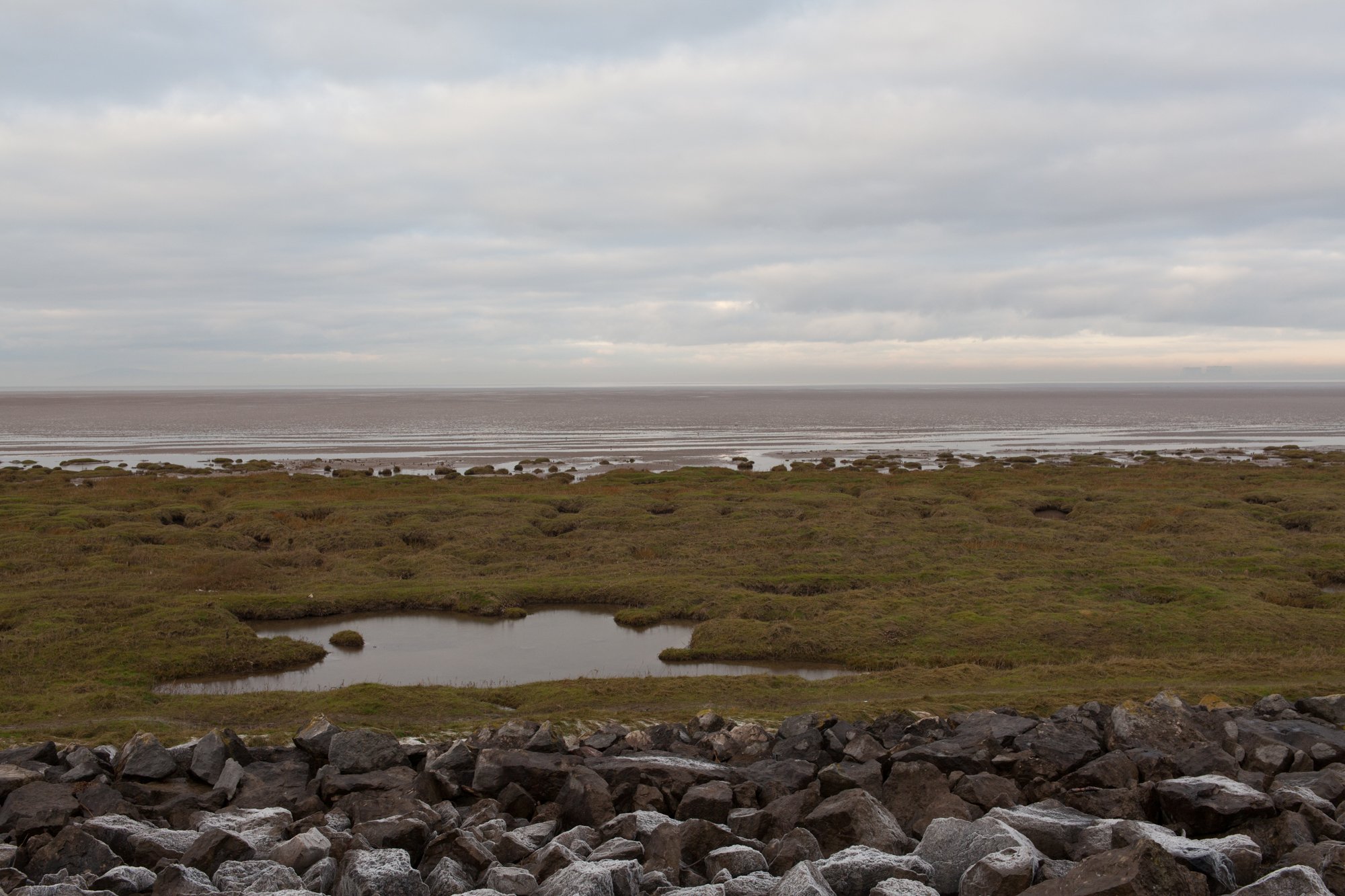
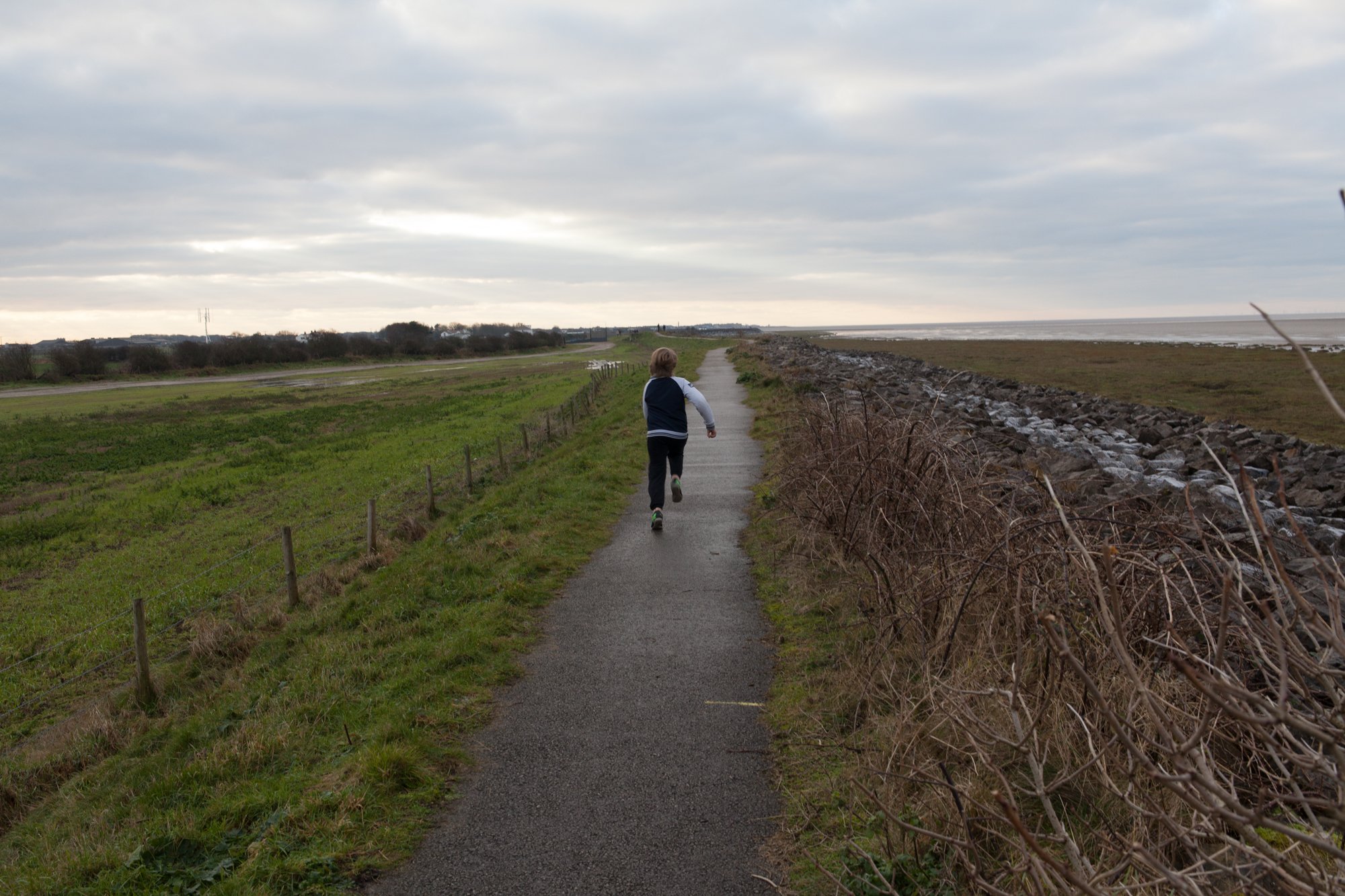
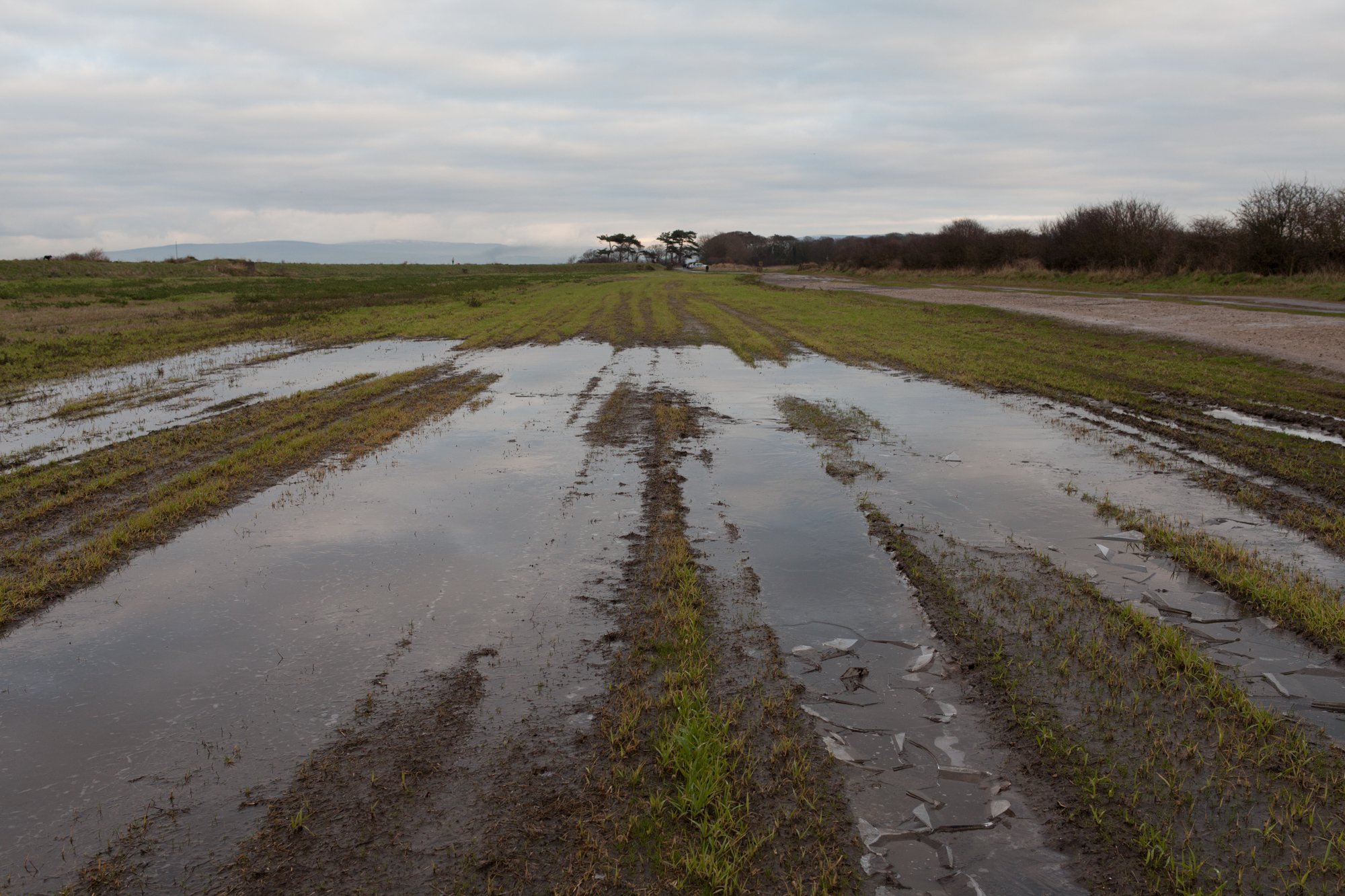
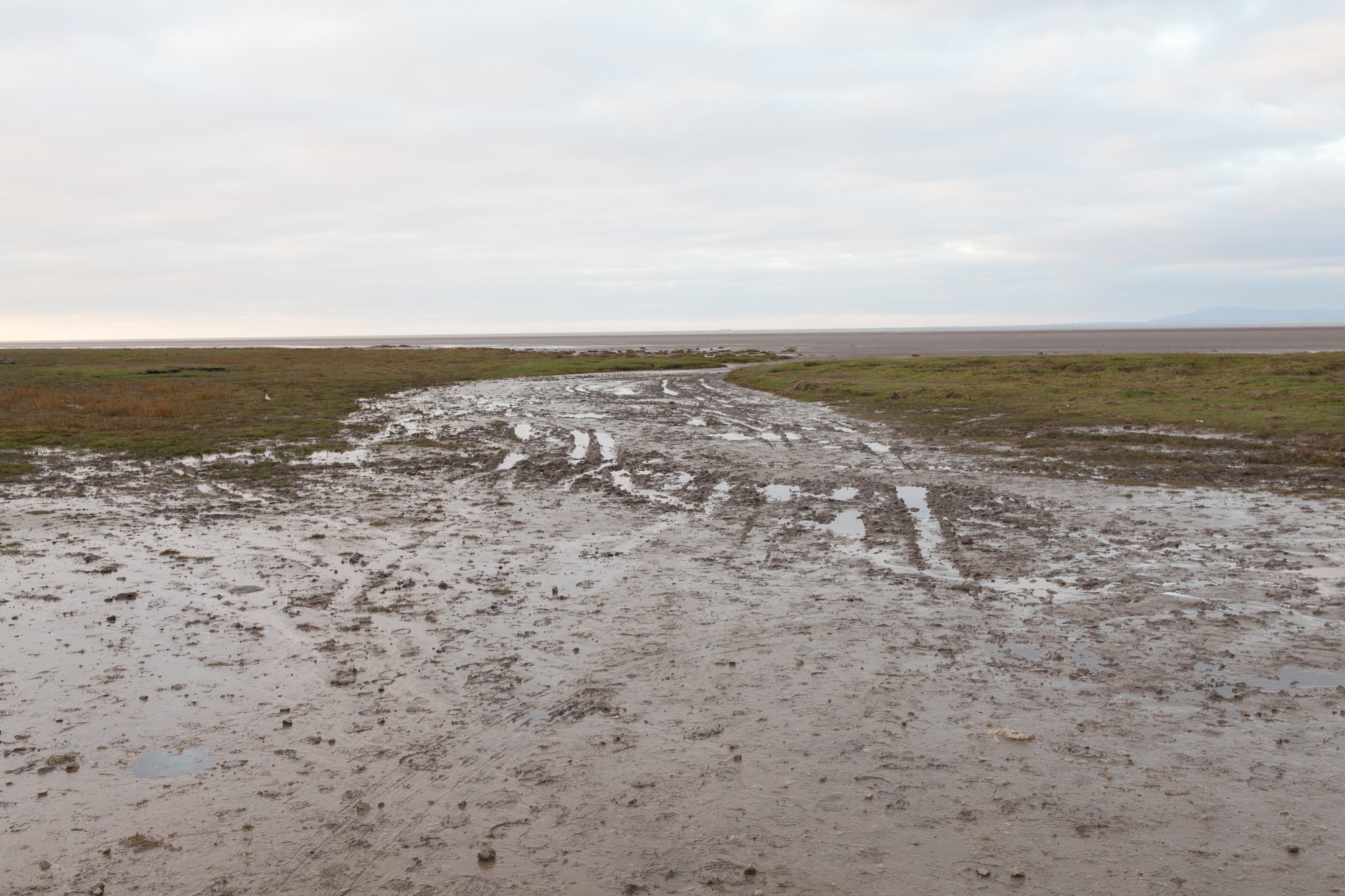
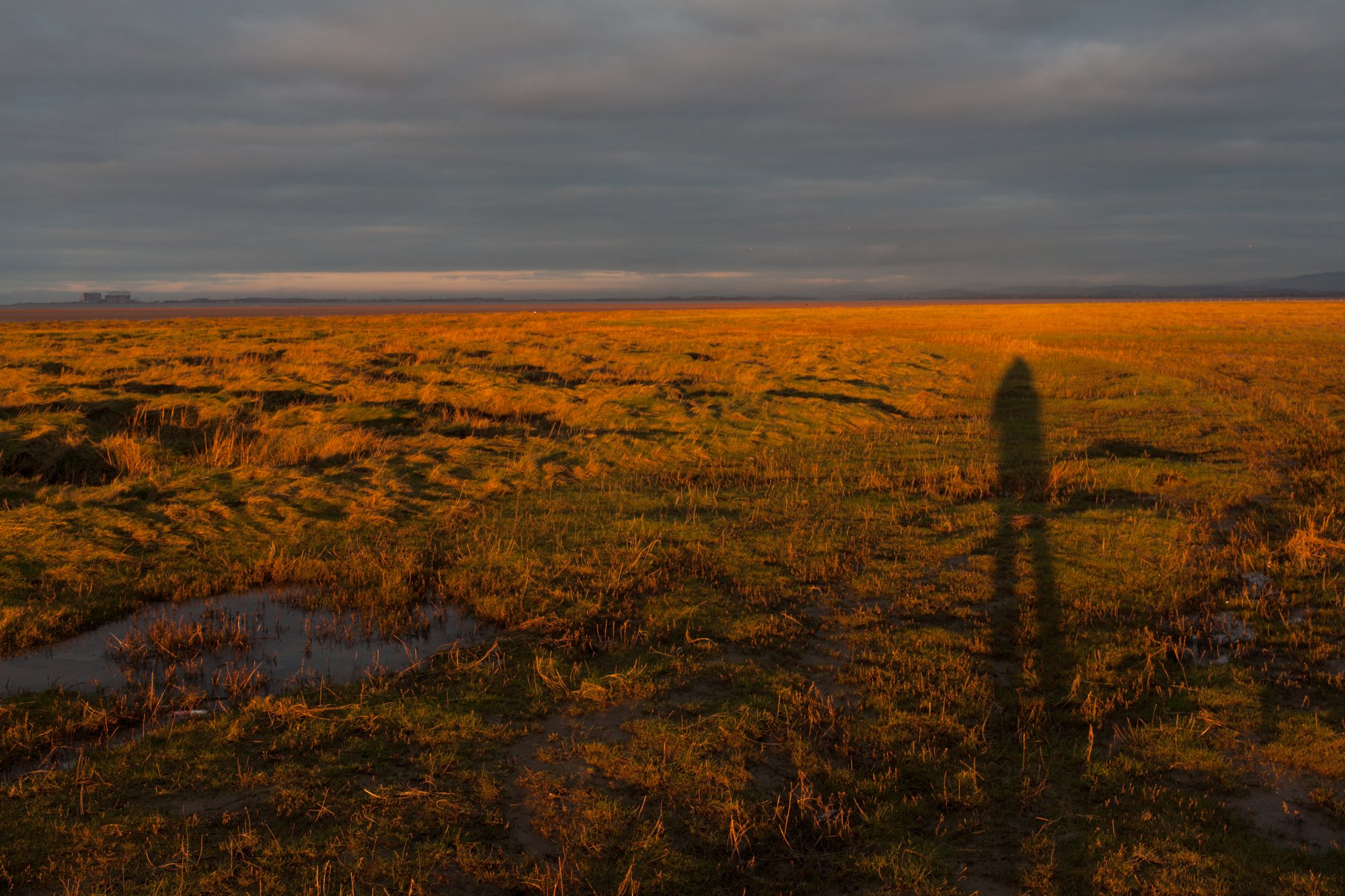
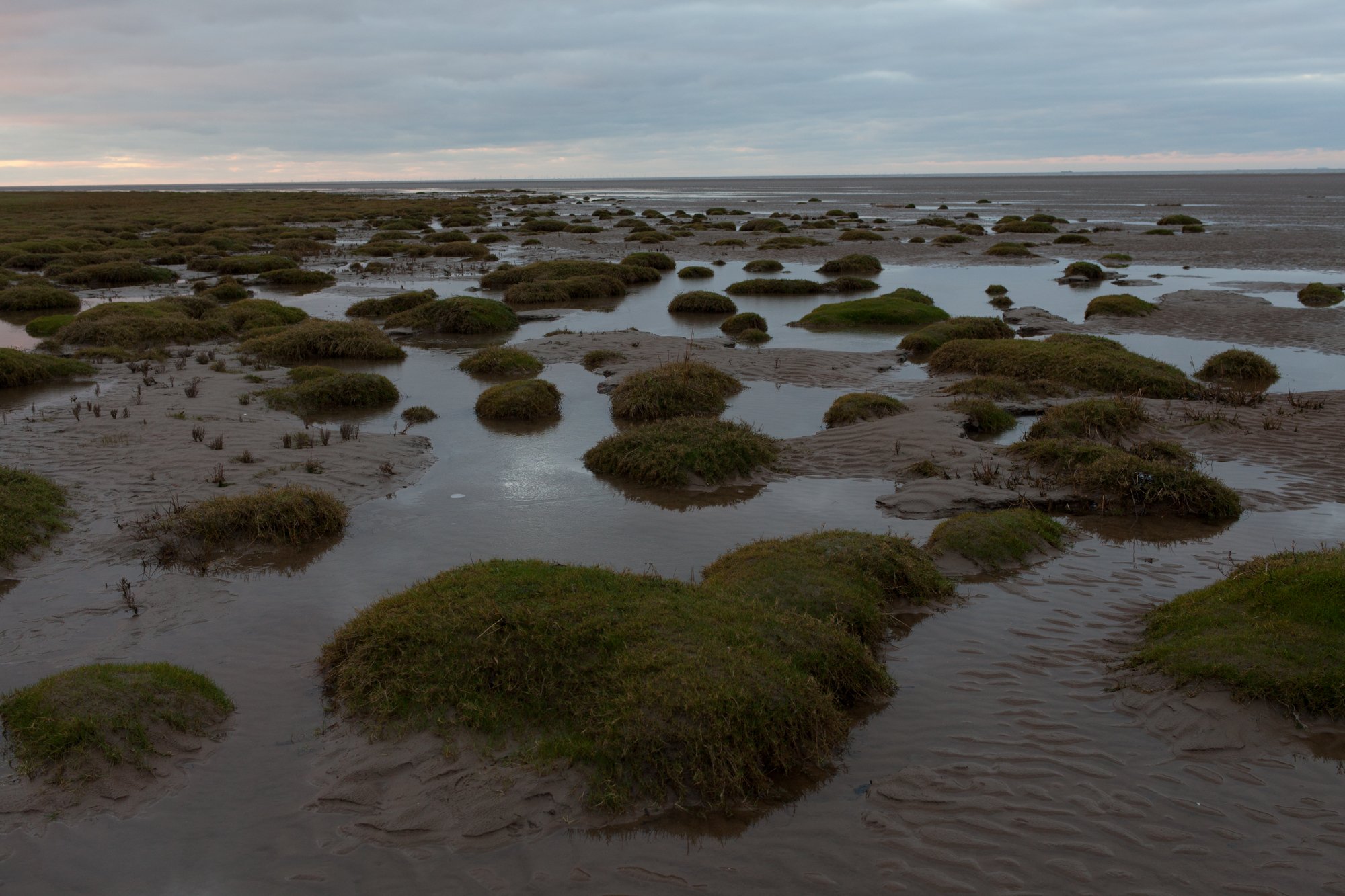
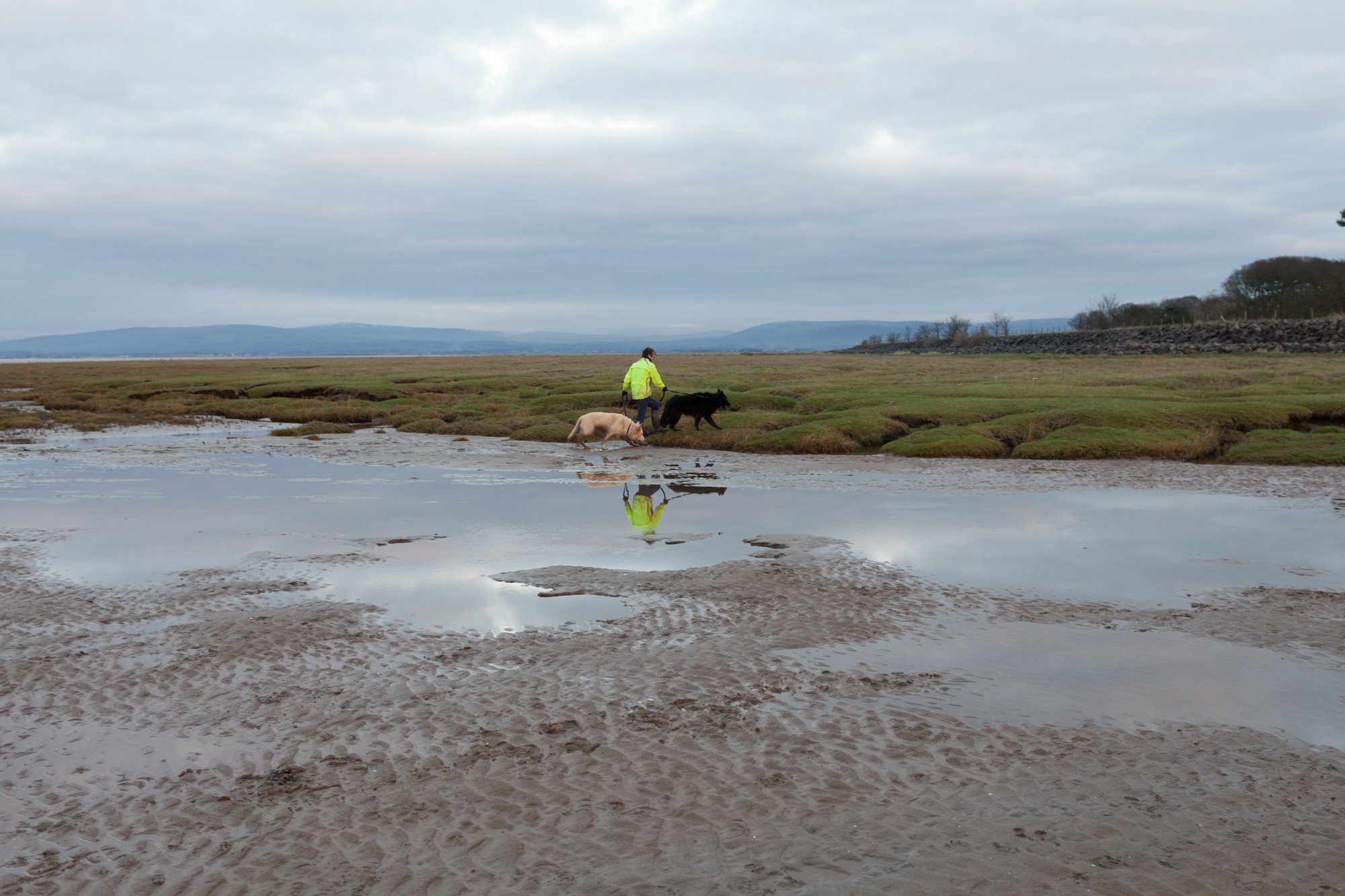
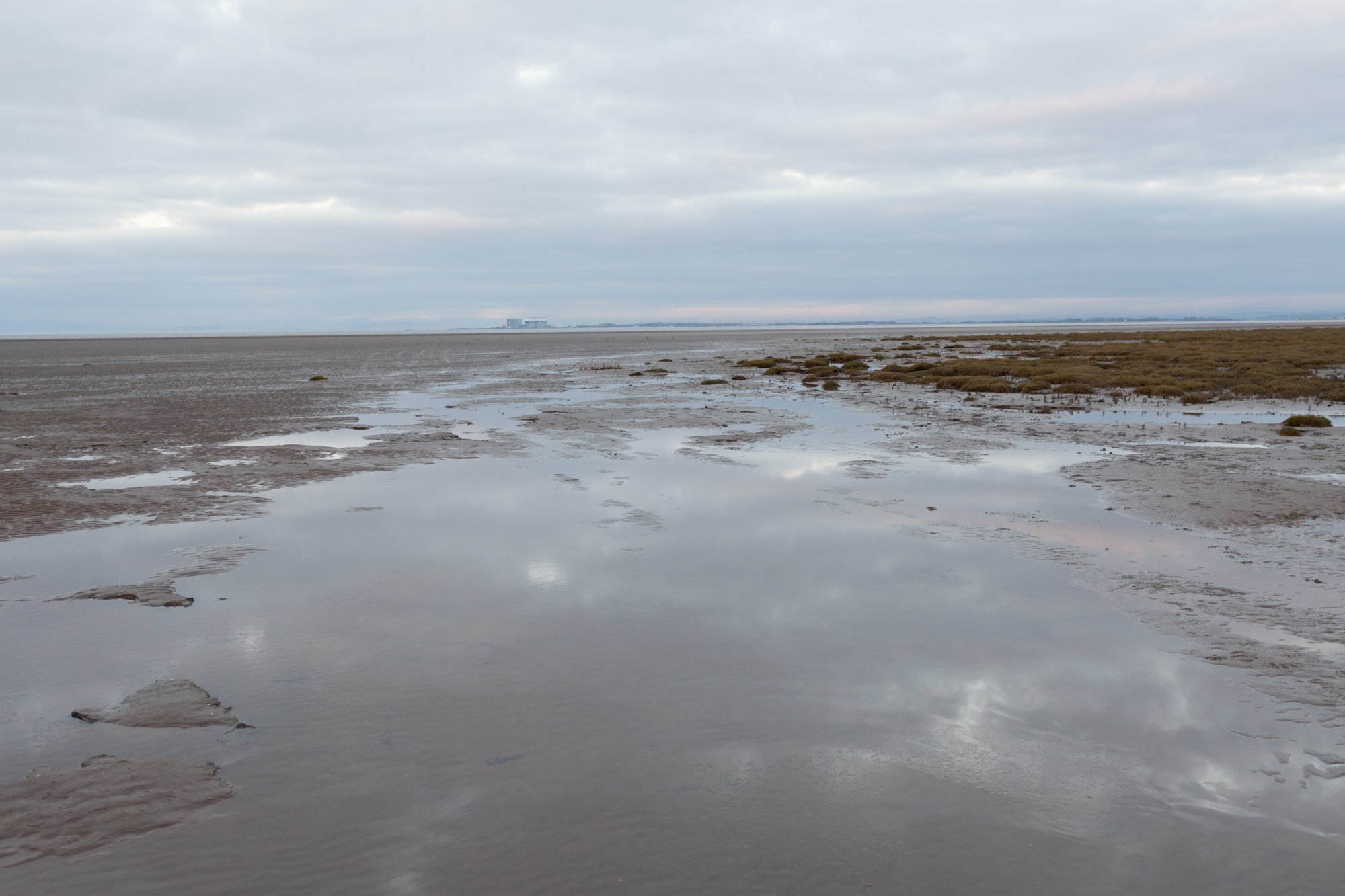
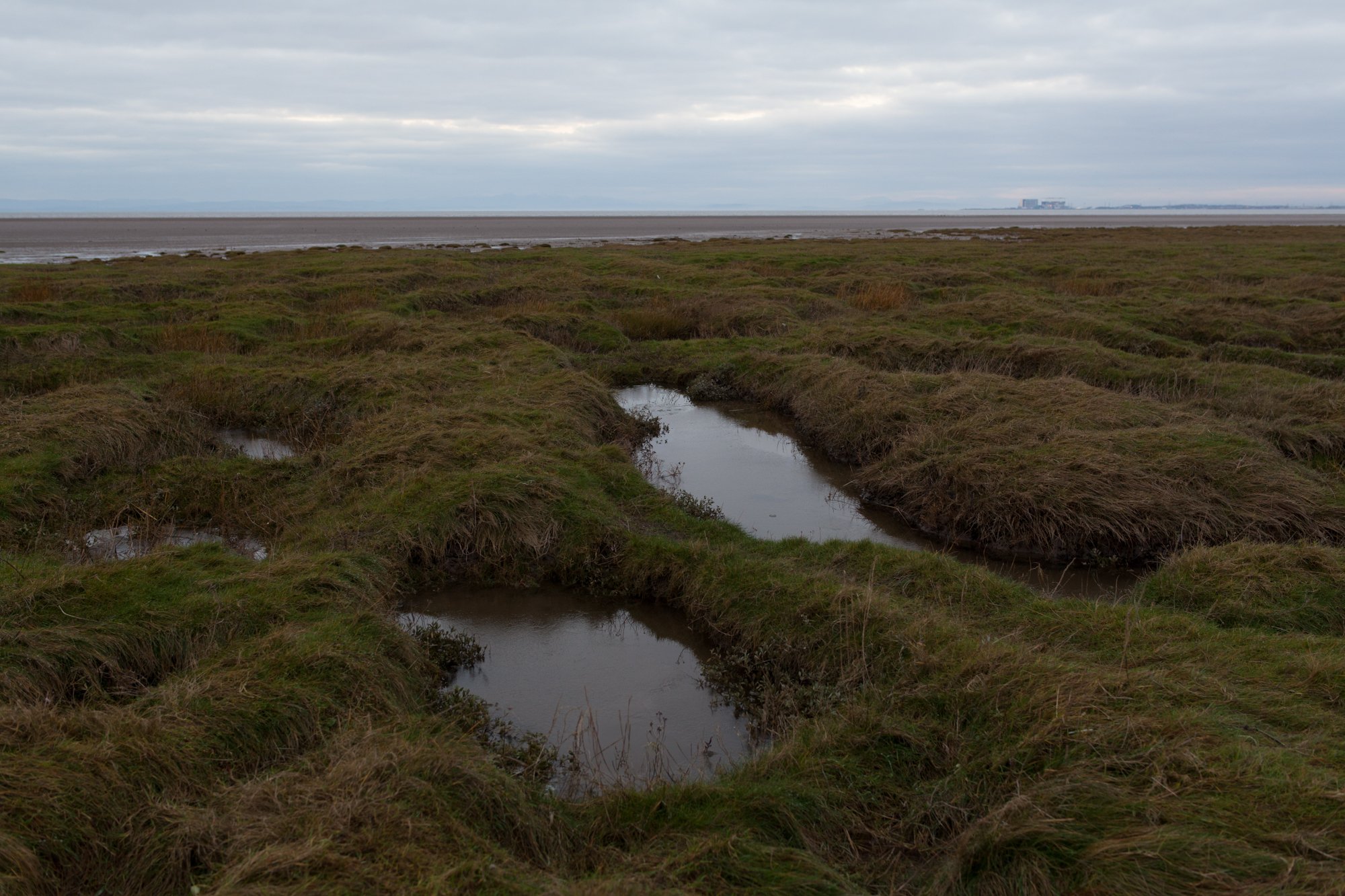
An afternoon at Pilling Sands, taking pictures and recording sound. I couldn’t get away from the traffic and plane noises which was frustrating. Also, I was having trouble with the recorder, getting high frequency noises. In the evening I had a chat with the house engineers and we concluded that the Zoom H4n can’t work very well if it only has one XLR cable plugged into it. I resolved this by having another XLR cable plugged into the 2nd input, though it wasn’t plugged to anything, but it made the noises disappear.
Online feature
Feature in J T Kirkland’s website “Thinking about art”, June 2005, USA:
Artists Interview Artists: Juno Doran
Juno Doran, an artist from London, participates in the Artist Interview Artists Project. Below Doran responds to another artist’s five questions.
An Interview with Juno Doran
The post 9/11 American cultural matrix has de-generated and re-produced one of the most amazing real-time performance art projects “The War on Terror”. In “The War on Terror” every citizen becomes a potential artist/performer participant whose role (either pro-war or anti-war) advances the theme, content, plot and purpose of the project. Visual artists are essential to the critical success of “The War on Terror” – without their aesthetic assent/dissent this cultural project would remain an unrealized script. Of course, the performance of “The War on Terror” does not pretend to resolve the real world political dilemma of re-defining and de-classifying those artists who are terrorists and those artists who are freedom fighters. That question must be settled in the mind of every artist/actor prior exiting the stage. The performance of “The War on Terror” does not ask an artist to agree or disagree with their role it merely expects the artist to take one side or the other while off stage. Of course, which ever side the artist takes while not performing their role simply guarantees that their on stage performance of “The War on Terror” will continue to provide boundless entertainment for its non-performing non-choosing non-artistically inclined passive/aggressive audience.
WHO do you believe represents the greatest potential terrorist threat to your art?
Well, let’s see… In the morning I wake up really, really early because my husband starts work at 8. I make us both coffee, I prepare his work clothes and I roll him cigarettes for the day. I’m not a housewife type but he hardly has time to sleep so anything I may do for him really helps. I wish we were together more often. When we were, we used to talk a lot, go out to exhibition openings, for dinner, things like that. Now it feels a bit lonely. At night when he comes home I serve him dinner. He comes home really late, sometimes after 1 am, so I have to have food prepared for him to eat as quickly as possible and go to sleep. He comes home so tired we hardly talk these days. He just tells me about his day. I like to know because I like to be part of his life, even when he is away. At night in bed, before we go to sleep, I look at him for a while, don’t know why but I suppose it’s because I miss him. Every day I hope for a better future, to live somewhere better and for him to realise his dreams and be happier. Now we are living the hard times. And my work is now just my own, he almost has no time to look at it, let alone discuss it with me. It’s something I have to get used to.
WHAT acts of illegal artistic terrorism are you willing to engage in to realize the idealism of your art?
I have always been artist, even when I wasn’t. But sometimes I wish I was a writer. I think it is because I am so introspective, I feel everything so much and I am so full of descriptive adjectives. I also enjoy the idea of moving somewhere beautiful and live from writing. Art is a great thing but books populate people’s minds. Each book is different, depending on who reads it. That’s why it is always a shock to see a film based on a book. It’s just that by then we have already seen it in our minds. We have given faces to the characters and we have invented the landscapes. Then again there’s something so absolutely romantic and decadent about being a writer. I know it’s just an image but the thing is I do live my own images. One summer I had a job as a shepherdess and I wore my grandmother’s cotton petticoat and a straw hat. I ate apples under an olive tree whilst the sheep roamed around and I read books. I was an image but I was a living one.
Sometimes I don’t like being an artist. There could never be enough of me in the work I do and a million things are left out. In being a writer you can do that, you can include so much. Also being an artist these days is so difficult. To start with you have to find your place, your audience, your core idea. How can anyone be just one person these days? In writing we can have multiplicity. Yes. I think so.
WHEN will you commit risking your freedom and life to share your artistic terrorist expressions of blissful revolt against dominate political and cultural power structures in the United States of America?
I think death is unfair. I think about it a lot. It increases my nihilism to an unbearable level. I think to myself why bother if I’ll be dead some day? What do you do if you know the party will end? You party hard, get drunk quick! So I think sometimes it’s best to forget about anything that’s far too serious. Except for the wellbeing of others, now I know that’s important. Apart from that we should put a lot more effort into making life beautiful. That’s why I will never have a good car (or probably any car for that matter), or a good house (or any house for that matter) or anything too ambitious, because I – just – can’t – be bothered.
But knowing all this, what do you do when you feel a higher calling, something called a destiny, something important you have to do, something for which you were born and for which you must sacrifice your life? How do you juggle the simplicity of the ephemeral with a sense of the eternal? Well, I can only think of an answer to that one. If the party will end and it is an important party, then I must pick the best dancer and drink the best wine! And enjoy every second of it, even the part where I end up making a terrible fool of myself.
WHERE do you stand morally with the right of an artist to preemptively kill the art of governmental, political, cultural, religious, aesthetic, academic, etc., terrorist leaders who are conspiring across the country and around the world to kill innocent artists?
If I won the lottery I would buy my mother a happy life, give some money to Medecins sans Frontiers and move to the south of Spain, somewhere under the shadow of the moorish heritage and the mountains. I would lead a simple life. In the morning I would take care of my vegetable patch and my chickens, in the afternoon I would nap, in the evening I would work and at night I would eat and drink al fresco with the locals. Sometimes I would go to London, Vienna, New York, to see exhibitions, drink the city life and take pity on the concrete. There’s not much I would do, except live life the way it ought to be.
WHY have you not unhesitatingly embraced the freedom of artistic expression to be a mass-murdering art terrorist devoted to killing state sponsored art in the radical project to expose and oppose the evil anti-artist forces that exist in order to change the world for the better and make it safer place for other artists to live free and create according to their conscience?
I have no view outside my windows. They are opaque to obscure the view from outside as well. This is because I live in a bad area and everything must be secure. The windows have bars and part of the ceiling is glass too, with bars. Sometimes on the phone people comment on how beautiful the day is, but I have no idea. In here, I have degrees of brightness but I cannot see the sky or the street. I make up what’s going on by the sounds I hear. Sometimes squirrels run over my ceiling, sometimes pigeons, sometimes I just lie in bed and look up at the rain. There is one good thing about not having a view because I imagine I could be anywhere. Sometimes, I’m in Paris.
Lost time
for Christmas i was given Marcel Proust's "In Search of Lost Time" vol.1 and i put it in my hand luggage for my 2 week trip back to Portugal. it was a trip planned to work on a book as well as to recover from the many stresses i had been through in the last few years. during the trip i always carried the book with me but i never read it. instead, the idea given by its title influenced my thoughts as i briefly returned to the country of my birth
having been ‘uprooted’ for the last 14 years, i have always felt more at home during a journey; i intensely observe the landscapes as i go with my camera as a poor method of recording the indescribable smells and views. it's never so much about what i see but more about how i see it: a new passenger is always a new mystery, a house in the fields a source of possibilities. "we could move there", i think, but i know i'd never do it. it's the dream part of populating the landscape with my presence which i find interesting. what could have been, if only. a traveller never really wants to 'stay'. instead, they want the world, especially when we’ve become so familiar with displacement.
increasingly, i am drawn towards spaces empty of people. returning to my birthplace has become more about recognising the absent than a search for new unfamiliar ones. even the barber shop attracted me, not because i had ever met the barber himself but because the obituary notice on the door announcing his death reminded me of everything i'd lost.
the few pieces that still stand are a few members of my extended family, my mother's house and one of my closest friend, Tó, whom i always visit and whose changes i notice each time we meet.
every time i see my grandmother she tells me this will be the last time; then she weeps. we always laugh about it, but i know once she's gone perhaps one of the strongest links to my past will be gone too. so i record the sound of her voice, as though i am trying to hold on to her, to the memories for which she holds a key.
only the trees remain the same, always, and when i think of which part of me still belongs there, i think about the trees which like me hold on to that ground with their roots
in my short walks around town old familiar faces of people i never really met personally show up once in a while. in those moments it feels like they are ghosts, temporarily awakened from a strange dream. in the end i realise: is me who is the ghost, allowed to return for another glimpse of a disappearing world, permitted to remain longer in a strange dream.
i hang on to unimportant moments; i see those as the most relevant to retain a memory, a sense of routine in a place as an antidote to building the myth. during the journey back home where I now live, the landscape is always emptier, less magical. i spend most of it sleeping, with a sense of defeat as though i am being forced back into a less interesting life: to go back to what i know.
still, i realise i'm lucky in that through certain places and people i can always in a way ‘go back’ and the lost time can still be found at the end of a similar journey, albeit each time more faded.












